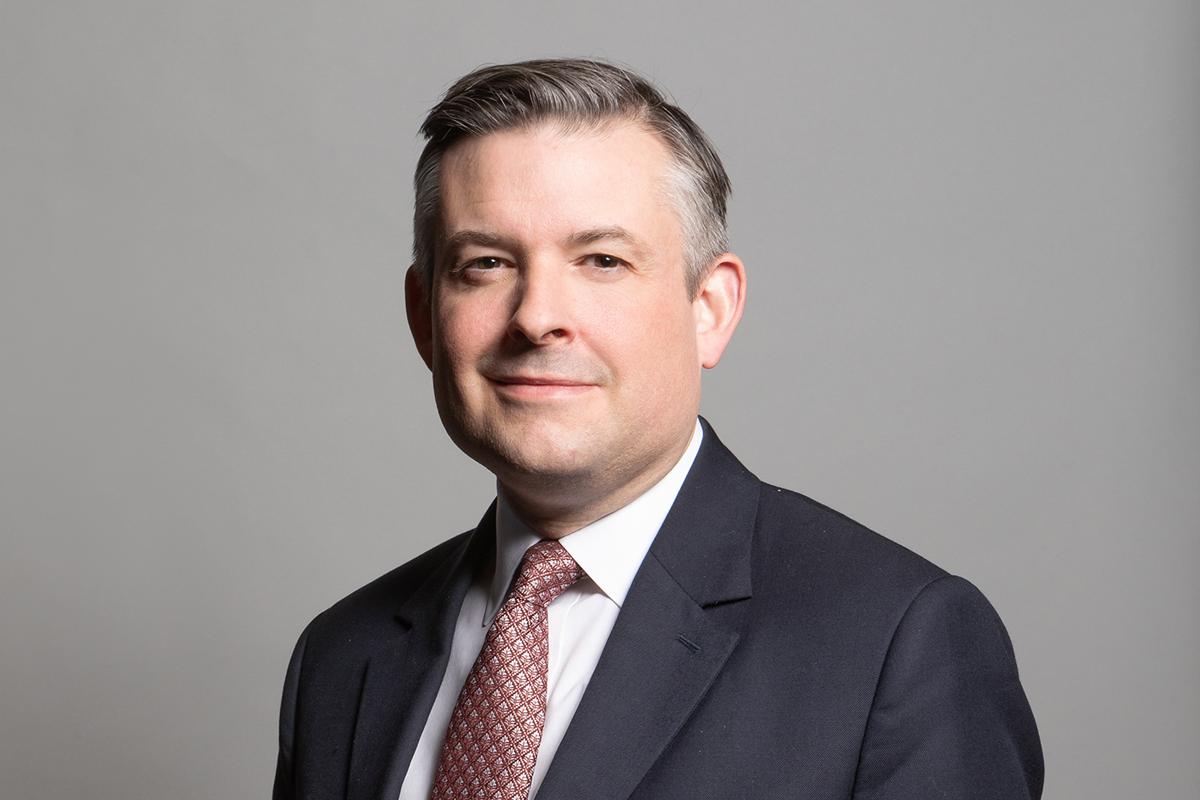Record waiting lists creating ‘two-tier health service’ as patients forced to go private, warns Labour
Exclusive: ‘Boom’ for private firms as patients go into debt to get diagnostic tests done

Record NHS waiting lists for routine diagnostic tests are creating a “two-tier health service” and a boom for private healthcare firms as increasing numbers of patients choose to pay rather than wait, Labour has warned.
In June, 1,367,706 people were waiting for tests, including MRI and CT scans – up 2.5 per cent on the previous month, which itself set a record.
The figures came as final details for a funding package to help the NHS recover from the pandemic emerged, which has seen waiting lists in England soar to 5 million people, with predictions that the number could peak as high as 15 million in the coming years.
Despite the chancellor’s promise that the NHS would get “whatever it needs”, reports suggest the settlement could be close to £5bn –roughly half of what NHS bosses say is needed.
Shadow health secretary Jonathan Ashworth told The Independent that record waiting lists were forcing some patients into debt in order to pay for private treatment to escape “unacceptable” pain, adding that, “Thanks to years of Tory underfunding, staff shortages and cuts, a two-tier health service is opening up, eroding the founding principles of the NHS as a universal service for all. A rescue plan for the NHS is now more urgent than ever”.
For seven out of 15 diagnostic tests, waiting lists are now at record levels, said Mr Ashworth.
These included 275,436 people waiting for magnetic resonance imaging (MRI) scans, compared to 202,893 at the end of 2019, and 447,993 waiting for a non-obstetric ultrasound, up from 342,143 in the same period.
And some 163,265 were waiting for CT scans too, up from 135,429 at the end of 2019, while 142,408 people are waiting for echocardiography tests, up from 84,234.
Mr Ashworth said: “The numbers of patients waiting longer for tests and scans reveal the scale of the crisis the NHS is now in.
“Waiting lists for treatment and surgery are at record levels and thousands now queue for diagnosis. It means more unacceptable pain, agony and uncertainty for patients.
“Meanwhile private healthcare firms predict a boom in profits on the back of this suffering as increasing numbers who can afford it turn to the private sector to jump the queue while others fall into debt to pay for an operation because they can no longer bear the wait on the NHS.”
A government spokesperson said: “We are committed to making sure the NHS has everything it needs to continue providing quality care to the public as we tackle the waiting lists that have built up during the pandemic.
“This year alone, we have already provided a further £29bn to support health and care services, including an extra £1bn to tackle the backlog.
“We are backing the NHS to deliver the appointments, operations and treatment people need, and have invested a further £325m to replace diagnostics equipment and set up community diagnostic hubs to deliver 3.5 million more tests by 2022-23, reducing pressure on other services and ensuring more people can be seen more quickly.”
Join our commenting forum
Join thought-provoking conversations, follow other Independent readers and see their replies
Comments
Bookmark popover
Removed from bookmarks